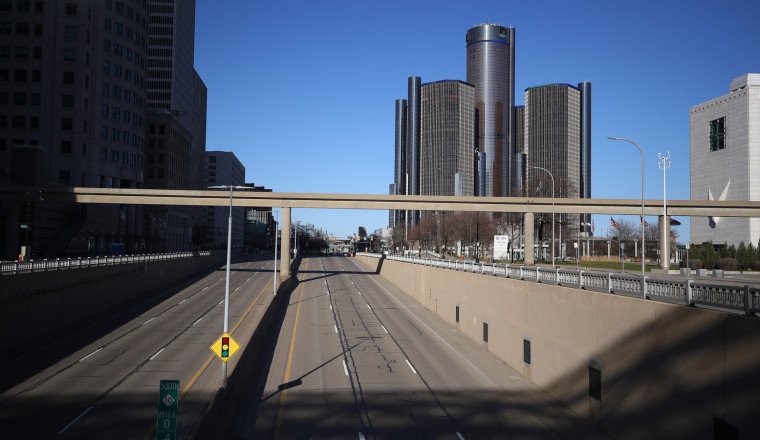
Many years ago I was advising some new Jalopnik staffers on how to get around Detroit during the North American International Auto Show. I told them that they will see speed limits on some freeways leading into the city posted at 55 miles per hour and, should they adhere to those speed limits, they should expect to be tailgated, flipped off and generally harassed. This is the Motor City, after all, and people around here motor quickly. Of course, there's a good reason these roundly ignored speed limits exist, which is why they aren't changing any time soon.
Detroit has no less than four interstate highways slicing through the city's heart, as well as two Michigan highways: M-10, known as the John C. Lodge, and M-39, known as the Southfield Freeway. On these two highways, posted speeds are set at 55 miles per hour, but you'd never know it with the way Detroiters drive. Michigan State Police say that about 85 percent of drivers in Michigan stay at or below the speed limit, but that is clearly not the case on the Lodge and Southfield freeways.
The problem is so obvious that the Detroit Free Press asked the Michigan Department of Transportation why it doesn't just up the speed limit on these freeways to be more in line with, you know, reality. Josh Carey, a traffic and safety engineer at MDOT, gave the Freep a very reasonable explanation:
Changing the speed limit on the Lodge is not in the cards, Carey said, because it simply is not safe. The high walls, tight curves and pinch points at on- and off-ramps demand a slower speed limit, whether drivers adhere to it or not, Carey said.
"While most drivers are traveling over 55 mph today, MDOT would not feel comfortable signing higher and telling them 70 mph is a safe speed based on the current geometry of the road," Carey said.
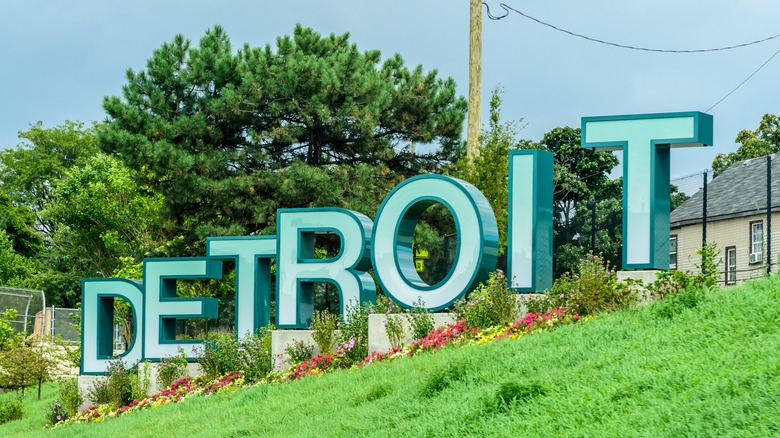 achinthamb/Shutterstock
achinthamb/Shutterstock
At 70 years young, the Lodge is just not built to handle faster highway speeds. In 1955, you had to have a special vehicle indeed to reach speeds above 65 mph. Freeways built way back when were not built with such speeds in mind. Older freeways like the Lodge come with narrower shoulders and lane widths, high cement walls and slight curves and sudden merges that make speeding extra dangerous. What's worse, it's obviously dangerous when you drive on it. There's very little space to merge on to and off of the Lodge (the Southfield is equally dangerous) and there are places where you can't see what is coming around the bend. Not that it stops Detroiters from hitting break neck speeds, but holy heck, it probably should.
Detroit is the poster child of a city decimated by poor urban planning. A robust streetcar system existed in the 1920s and 30s, only to be demolished in favor of stroads. The city hosts the shortest interstate in the U.S. — I-375 at only a mile long — which feeds directly into downtown. Neighborhoods are splice by I-94, I-96, and I-75, ruining the strong communities that once existed there and feeding the population into the suburbs, which now deal with a much larger population than those roads can handle. The Lodge also terminates as it turns into Jefferson Avenue — a multi-lane nightmare that has made reclaiming downtown for foot traffic nearly impossible.
Of course, Detroit is not alone. Aging freeways across the country are bumping up against quicker cars and faster drivers, contributing to the recent rise in traffic deaths. A study from AAA found that a $146 billion investment in updating our roads and highways could save over 60,000 lives and prevent over 350,000 serious injuries over the next 20 years. While there are plans to remove some of Detroit's offending freeways, sometimes the plans don't always go like you hope. The removal of I-375, for instance, currently replaces a useless freeway with a stroad. I'm not sure if that's really better than what we have now, but dismantling a racist form of infrastructure takes time, I guess.






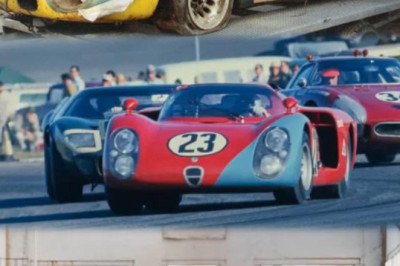


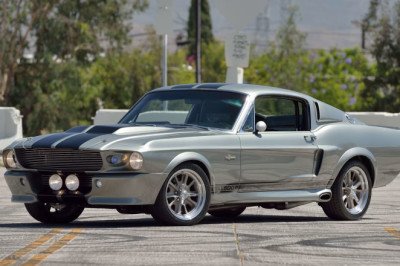
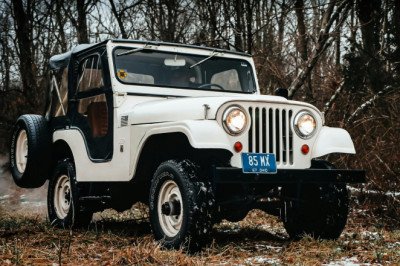




Facebook Conversations